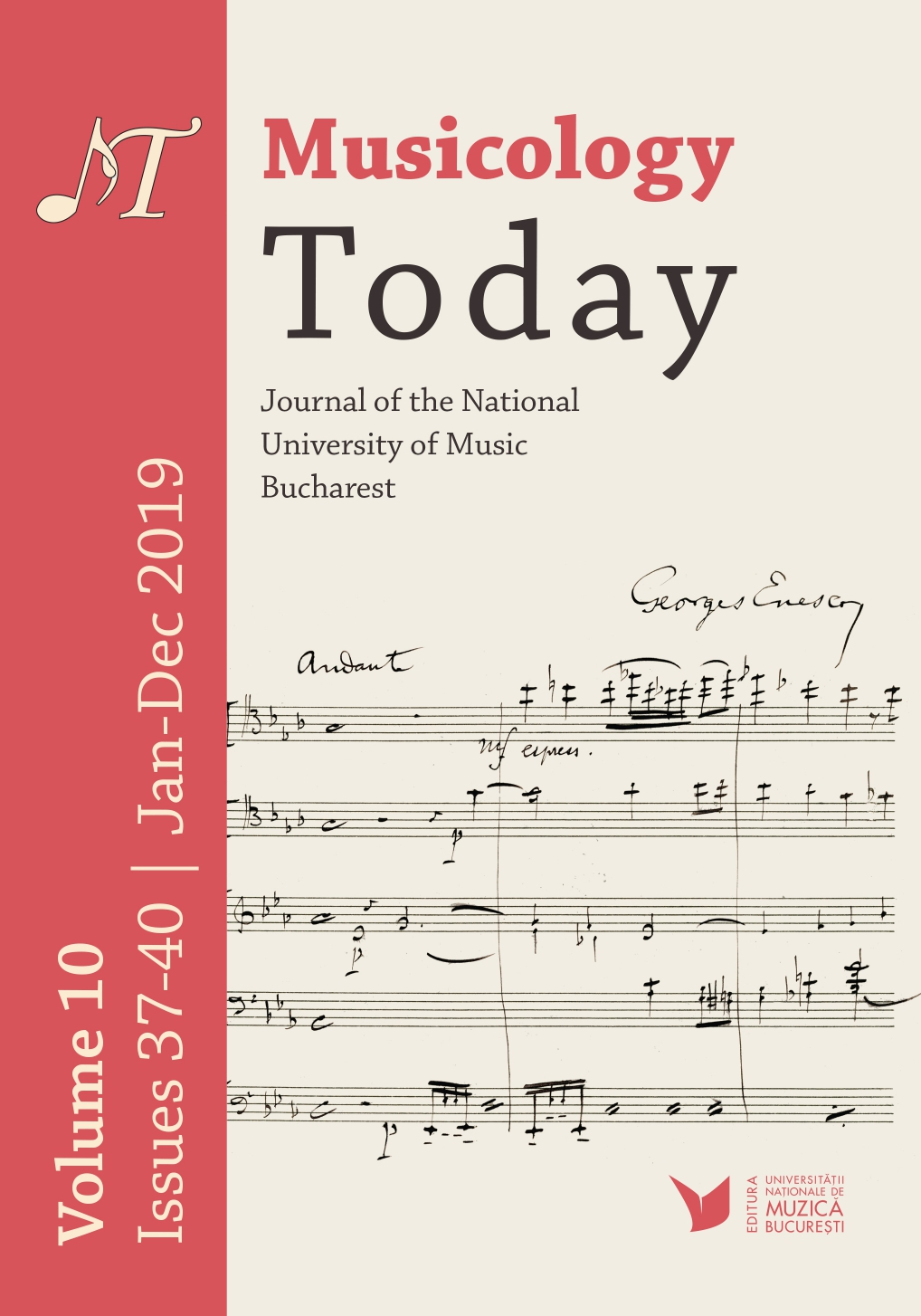Ottoman Elites and Their Musics: Music and Music-Making in the Nineteenth-Century Istanbul
Ottoman Elites and Their Musics: Music and Music-Making in the Nineteenth-Century Istanbul
Author(s): Feza TansuğSubject(s): Music
Published by: Editura Universității Naționale de Muzică din București
Keywords: westernization; Donizetti; makam; Dede Efendi;
Summary/Abstract: This article examines the Ottoman elites and their musics in the nineteenth-century, with a focus on modal practice in Istanbul. Western music, definitely adopted in 1826 by Sultan Mahmud II as a substitute for the military music of the Janissaries, was by the end of the century represented not only by military, operatic and salon music, but also by classical and romantic masterworks. Apart from the activities of the imperial orchestra, band and chorus, conducted by Giuseppe Donizetti, brother of the famous opera composer, Callisto Guatelli and others, many Ottoman-Turkish and Levantine soloists had developed a lively musical scene, which was enriched by visiting European artists and Italian operatic ensembles. The first two generations of native composers in the Western idiom had also emerged. In accordance with the Sultan’s directives, measures were taken for the suppression of traditional art music and the promotion of Western music in Istanbul. But a strong reaction immediately set in by the traditional elites: neglect of the traditional art music offended composers like Dede Efendi, who later wrote instrumental and vocal pieces influenced by Western idioms but in various Turkish modes. Some of his compositions lend themselves today well to incorporation into Western music format.
Journal: Musicology Today: Journal of the National University of Music Bucharest
- Issue Year: 10/2019
- Issue No: 39
- Page Range: 201-209
- Page Count: 10
- Language: English

